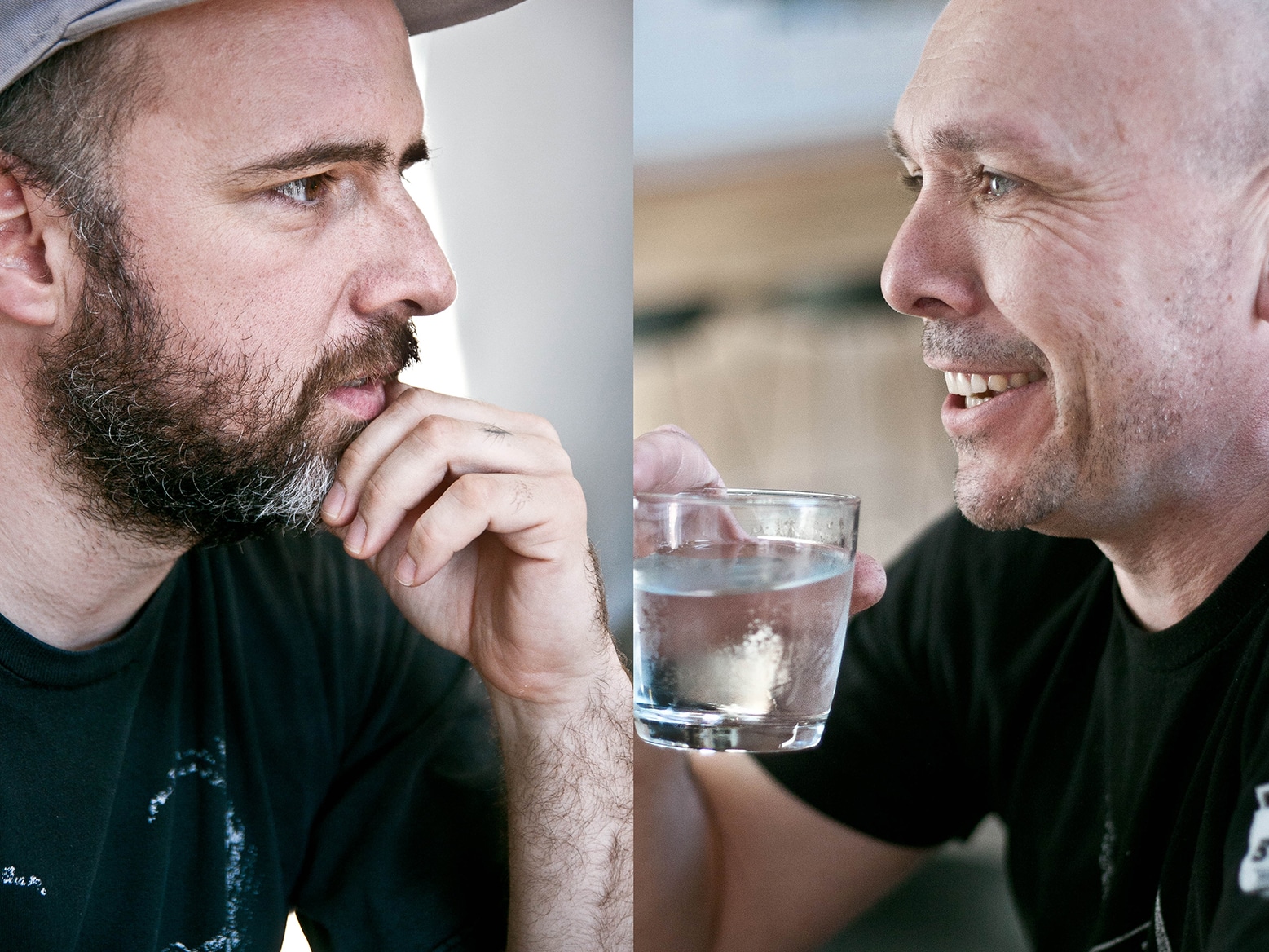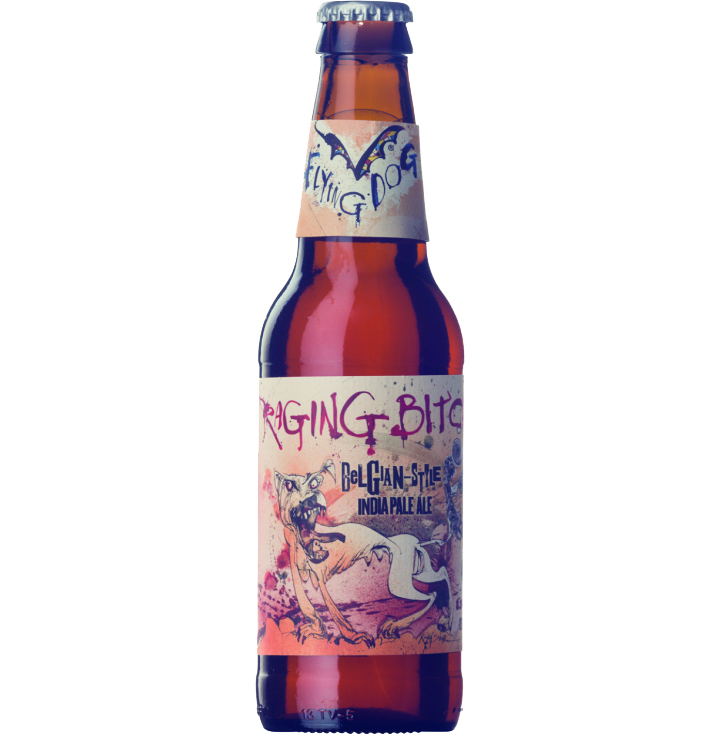
Well, here we are again, speaking with two brewers about brewery-related things. It’s always a fun time, but we needed to shake it up a bit. Gain some new perspective. Whatever.
So we collected a couple of brewery owners (rather than actual brewers) to interview each other: Nigel Springthorpe from Brassneck Brewery and Nigel Pike from Main Street Brewing, where the conversation took place.
The pairing is ideal for this series, for a few reasons. Both co-own/operate breweries in Vancouver’s booming Brewery Creek district; both had long careers in the restaurant industry (Springthorpe with the Alibi Room; Pike with the Cascade Room, among others) prior to opening these breweries; and both are named Nigel, which is as convenient a gimmick as The Growler could hope to exploit.
Enjoy.
GROWLER: Did you both intend to open up in this neighbourhood?
Nigel Pike: [To other Nigel] Do you want to tell that story? Because you looked at this place first.
Nigel Springthorpe: Yeah, we did. We looked at so many places. That place that Brassneck is in, and this one, these were the first two places that we ever looked at. It was three years later that it came back to us. The real estate guy from that [Brassneck] spot called me out of the blue and said, “It’s come back up again.” It went through a total massive cycle. We got close on a couple other spots – we did our due diligence on a couple other locations. When we were looking at this place, and if the city said yes, and we tried to do it, I probably wouldn’t have been ready and we would have completely crashed and burned before we ever got off the ground. I think we were really naïve about how much money we were really going to need to set it up. Even once ground is broken and you get going, there’s just things that you have no idea that you’ll be totally blindsided by. You can budget within a certain degree, but –
NP: It’s shocking how the bills add up. There’s something else and then something else, and then something else.
NS: Everything just seems like a $30,000 cheque.
NP: My thing with the restaurants was always like, oh, five grand, five grand, five grand. When building the restaurant, it was always five grand. But this one was, you’re right, 25 grand, 30 grand [laughs].
NS: People have asked what the biggest challenge was with opening the brewery, and that was one of them – adjusting and coping with things that come from left field with these giant bills. The one that sticks out for me is when you turn on the light switch and the lights come on – why would we need lights in the budget? Then all of a sudden the city needs them to be up to the newest specs, then you’re upping the code, suddenly you have a $35,000 lighting bill for new ballasts. It just like, how is that not even on our mind, you know?
NP: We’ve done a lot more builds. One of our partners is an architect and a designer, so he had a lot more of an understanding of that side of it going into it. Still, timing is the bit that killed us. Trying to get it open on time with city politics was a bit of a challenge.
NS: We were lucky, because we got to sit at a table with the city, right when they were looking to make some changes. If it had been the state of affairs that we have now, there would have been 50 of us at that table, but as it happened, there was 33 Acres, the Bomber guys, [Main Street Brewing], we all got to sit at the table with the city and explain to them why certain things made sense, why certain things didn’t. They had already done their recommendations [to council] and there were all these things, like we could be open between noon and 8 o’clock. And at the table, at that meeting, our argument was that patios are allowed to be open until 11, how about we also say 11 for breweries? And they were like, “OK, 11 o’clock” [mimics scribbling in a notebook].
NP: It was as simple as that. It was the weirdest thing!
NS: Conrad [Gmoser, Brassneck head brewer and co-owner] and I just had disgusting huge beards that were super gross, and we were with our architects who were in their pressed pants. We came out of the meeting and they were like, we don’t know how you guys are doing this, or what the fuck’s going on, but how are you managing to get these things changed? These things were changing in front of our eyes.
NP: They [the city] were receptive, which was awesome. At the time, I think we were all like, did that just happen? Because we were totally expecting the opposite. They went with everything that we suggested. I don’t think there was anything… well there was the patio thing, that was the only thing that was kind of a weird one.
NS: I mean there was the size too –
NP: Oh right, the 60-seat thing.
NS: But at that point, everything was a bonus. It went from being zero to quite a bit of freedom. And I think that was a moment, that day, was when the floodgates opened, as far as this [industry goes]. I remember, when we first opened, we’d get so many guys coming in. You just got this feeling from them where they’re [thinking] “This is just a license to print money! And look at this!” As soon as we got that lounge license and people saw the busy-ness and what was happening, I think you had some guys who had some money to put somewhere, and that [breweries] are where they put it.
NP: Yeah, I guess it came in vogue, didn’t it? You always know somebody who potentially has the skill to open up a brewery. Money wasn’t hard to find. People were literally throwing money. I’ve never been in this scenario. When you build restaurants, nobody wants to give you money, but when you build a brewery, I was turning people down in the end to get involved.





